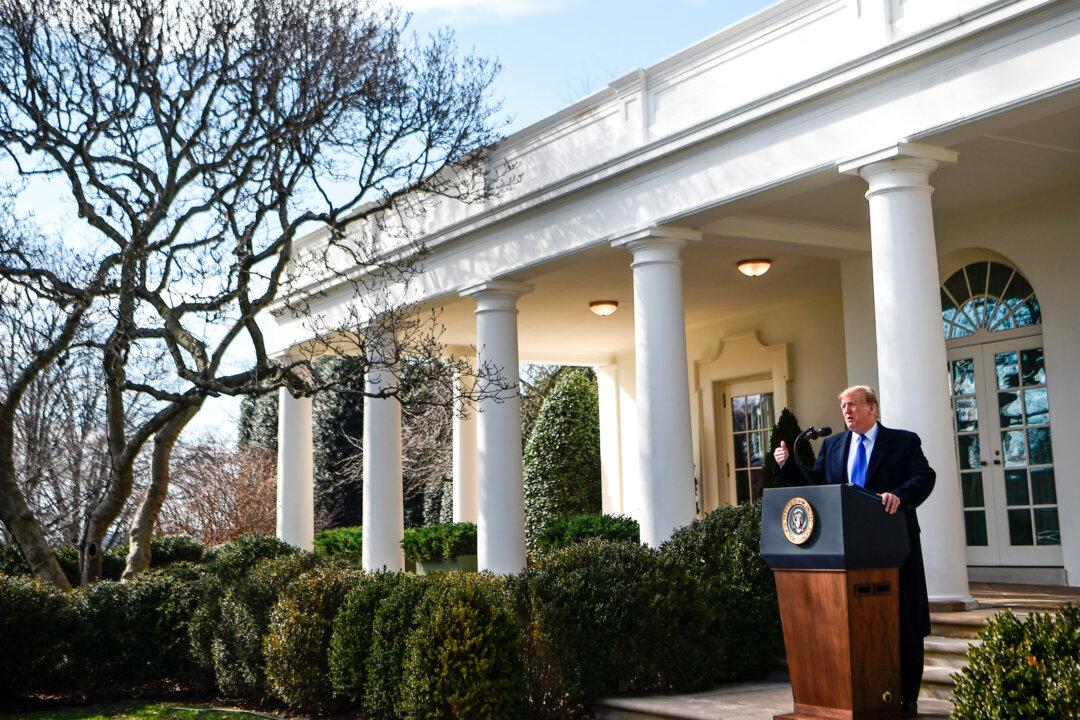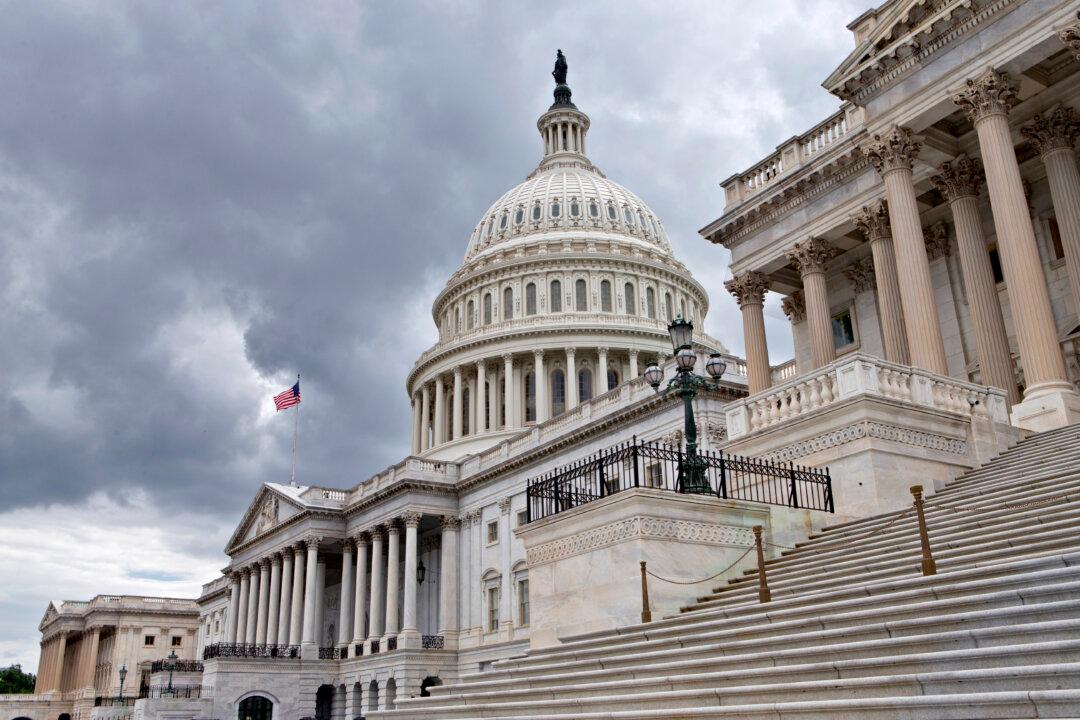Commentary

President Donald Trump announces that he will declare a national emergency in order to build a barrier on the U.S.–Mexico border as he delivers remarks at the White House on Feb. 15, 2019. BRENDAN SMIALOWSKI/AFP/Getty Images

Clifford Humphrey
contributor
|Updated:
Clifford Humphrey is a postdoctoral fellow at the Institute for Human Ecology at the Catholic University of America and the Director of Admissions for Thales College. He holds a PhD in politics from Hillsdale College, and he resides in Raleigh, North Carolina.
Author’s Selected Articles



